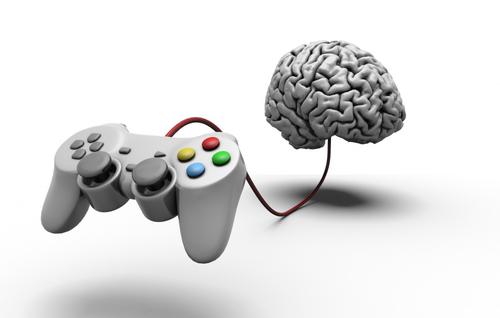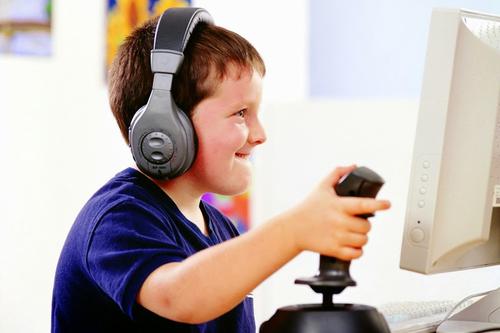Negative Effects of Video Games and Best Tips to Prevent Addiction
Video games are more popular now than they have ever been. Video games can be very beneficial for a child, but there can also be something that is not so great. There is much talk about the negative effects of video games in the media, but what exactly are these negative effects? That is what we are looking at today. How can you allow your child to still enjoy video games but also keep the negative effects of gaming at bay?
Negative Effects of Video Games
Here we are looking at some of the most common negative health effects of video games.

-
Increased aggression: Playing violent games such as Grand Theft Auto or Call Of Duty, where the player must shoot and kill, may seem like the most obvious way that they will develop increased aggression. Kids can actually become aggressive due to losing and getting frustrated in any game, especially if they have been playing for a long time.
-
Addiction: You most likely have heard of the game Fortnite Battle Royale that is taking the world by storm. Kids all over the world are hooked on this game and play for hours on end. A UK newspaper, the Mirror, reported that a 9-year-old girl was actually treated for being addicted to Fortnite Battle Royale. There is a fine line between a child enjoying a video game and being able to enjoy nothing else.
-
Poor academic performance: Video games themselves do not "rot a child's brain.” Rather, staying up all night playing games and then being too tired to focus at school will harm their academic performance. They may be so enthralled by a video game that they care about nothing else--including their school work. It is worth pointing out that video games have also been known to help boost academic performance. Once again, there is a fine line here.
-
Social problems: Your child may be playing online with people, but if this is their only social interaction with people outside of school, interacting with people in real life can become harder for them. Dealing with people only in an online setting may lead to a child becoming socially awkward as they get older.
-
Not getting enough sleep: If they are up all night gaming, general health problems can develop. Playing video games so much that they do not get exercise can also lead to health problems. A child can become unfit, which can even lead to child obesity. Wanting to play video games at the expense of other activities can also be a problem.

Tips for Preventing Video Game Addiction
We have looked at some of the negative effects of video games. Now we are looking at ways you can prevent these negative effects by preventing your child from developing a video game addiction in the first place.
-
Set a Time Limit: Video games can actually have a lot of benefits, so do not just erase them from your child's existence. Instead, set fair and sensible limits. For example, perhaps they can play for many hours on a weekend--but on a school night, one or two hours is enough. Let your child know that video games are great, but there are other things that they could also be doing. Setting limits is a way for them to find other interests as well.
-
Get Rid of It: There are some serious negative health effects of video games. This may be the only way you can get your child to see that. This solution may seem very extreme. But if you have tried limiting their time and reasoning with them, and they still just want to play games, you may need to try it. Consider taking their console away from them for a short while. This absence can get them to find out other fun things, and also get them to try new hobbies.
-
Find New Hobbies: We have touched on this before, but many kids become hooked on games have never been exposed to other hobbies like soccer, drawing, baseball, dancing, and other activities. Encourage them to find new hobbies and try new and interesting things. This is a good strategy if you do not want to have an argument about them playing video games. Without even bringing video games up, talk to them about hobbies because you think they will enjoy them.
-
Reward: Some may call this bribery, but it can work. You may have a child whose whole life is about video games and you cannot get them to do anything else at all. Try giving them rewards for doing other things. You might let them play video games after dinner, but only after they have read a book, played a sport, drawn a picture, or any number of other hobbies first. Treating video games like rewards can help your child respect them more.
-
Talk to Your Child: Talk to them about video game addiction. Teach them that video game addiction is a real thing. Let them know that they can talk to you about it, and that taking a break is good for them even if it feels like a punishment. If your child is older, you should be able to actually talk to them about the negative effects of gaming and reason with them about cutting back on the amount of video games they play.
Video games can help a child learn to read and develop hand-eye coordination; many video games do have educational value these days. Still, video game addiction is a real concern. If you are worried about your child experiencing some of the negative effects of video games be sure to consult with a professional.
